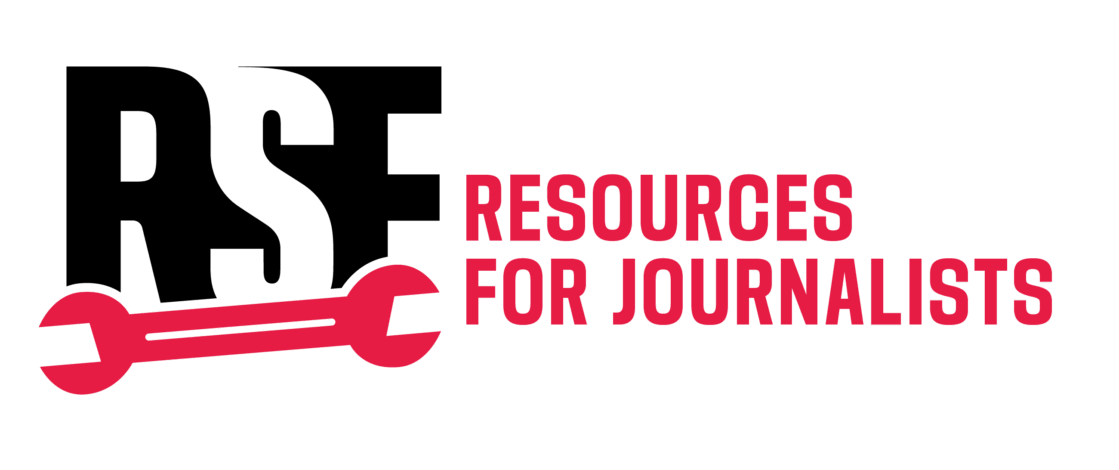Known as the “Munich Charter”, this was drawn up and approved in Munich on 24 and 25 November 1971. It is accepted as authoritative within the profession and was later adopted by most journalists’ unions in Europe.
Preamble
The right to information, to freedom of expression and criticism is one of the fundamental rights of man. All rights and duties of a journalist originate from this right of the public to be informed on events and opinions. The journalists’ responsibility towards the public excels any other responsibility, particularly towards employers and public authorities. The mission of information necessarily includes restrictions which journalists spontaneously impose on themselves. This is the object of the declaration of duties formulated below. A journalist, however, can respect these duties while exercising his profession only if conditions of independence and professional dignity effectively exist. This is the object of the following declaration of rights.
Declaration of duties
- The essential obligations of a journalist engaged in gathering, editing and commenting news are:
- To respect truth whatever be the consequences to himself, because of the right of the public to know the truth.
- To defend freedom of information, comment and criticism.
- To report only on facts of which he knows the origin; not to suppress essential information nor alter texts and documents.
- Not to use unfair methods to obtain news, photographs or documents.
- To restrict himself to the respect of privacy.
- To rectify any published information which is found to be inaccurate.
- To observe professional secrecy and not to divulge the source of information obtained in confidence.
- To regard as grave professional offences the following: plagiarism, calumny, slander, libel and unfounded accusations, the acceptance of bribes in any form in consideration of either publication or suppression of news.
- Never to confuse the profession of journalist with that of advertisements salesman or propagandist and to refuse any direct or indirect orders from advertisers.
- To resist every pressure and to accept editorial orders only from the responsible persons of the editorial staff.
Every journalist worthy of that name deems it his duty faithfully to observe the principles stated above. Within the general law of each country, the journalist recognises, in professional matters, the jurisdiction of his colleagues only; he excludes every kind of interference by governments or others.
Declaration of rights
- Journalists claim free access to all information sources, and the right to freely enquire on all events conditioning public life. Therefore, secrecy of public or private affairs may be opposed only to journalists in exceptional cases and for clearly expressed motives.
- The journalist has the right to refuse subordination to anything contrary to the general policy of the information organ to which he collaborates such as it has been laid down in writing and incorporated in his contract of employment, as well as any subordination not clearly implicated by this general policy.
- A journalist cannot be compelled to perform a professional act or to express an opinion contrary to his convictions or his conscience.
- The editorial staff has obligatorily to be informed on all important decisions which may influence the life of the enterprise. It should at least be consulted before a definitive decision on all matters related to the composition of the editorial staff, e.g. recruitment, dismissals, mutations and promotion of journalists, is taken.
- Taking into account his functions and responsibilities, the journalist is entitled not only to the advantages resulting from collective agreements but also to an individual contract of employment, ensuring the material and moral security of his work as well as a wage system corresponding to his social condition and guaranteeing his economic independence.


